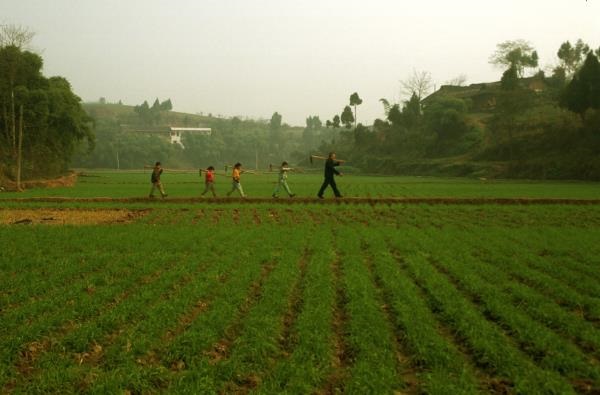
7 October 2015, Rome - Genome sequences of more than 3,000 rice varieties have been placed with the International Treaty on Plant Genetic Resources for Food and Agriculture (ITPGRFA) by the world's leading rice research institute in a move boosting plans to set up a global data exchange system for crop genetic resources.
The Philippines-based International Rice Research Institute (IRRI) and the Treaty (ITPGRFA) made the announcement at the 6th session of the Governing Body of the FAO-based 136-member nation plant treaty that is being held in Rome this week.
Around the world governments and organisations are storing genetic material in seed banks, but without one single gateway to genetic resource data, it is very difficult for researchers and plant breeders to know what is held where and what genetic resources are contained in the seeds.
"The genetic information that IRRI is making available to us, and the public at large, is a hugely generous and significant show of support to our endeavours to make all relevant information on genetic resources on plant crops available for future food security" said Shakeel Bhatti, Secretary of the International Treaty.
"To have so much information on rice, which after all is the basic food for half the world's population, placed at the fingertips of everyone is a major step in securing food security for future generations," he added.
A genome sequence is like an inbuilt instruction book that tells living organisms how to grow and react to the environment. Each rice plant has about 400,000,000 "letters" in its genome sequence.
With a burgeoning global population, and climate change causing more shocks to agricultural production such as drought, floods and pests, the need to develop crop varieties that are both more productive, less environmentally damaging and also shock tolerant is crucial.
The Rome meeting will discuss how to enhance the current multi-lateral system through the creation of one Global Information System on Plant Genetic Resources. This system containing information including on how to access genetic material and seed samples from existing gene banks would be developed and overseen by the Treaty's host, FAO.
"We can't expect every programme, every gene bank in the world to re-design their databases to match some international standard; what we need is inter-operability, to create portals where everyone's databases can talk to another. This is what the Global Information System on Plant Genetic Resources for Food and Agriculture will be," said Robert Zeigler, Director General of IRRI.